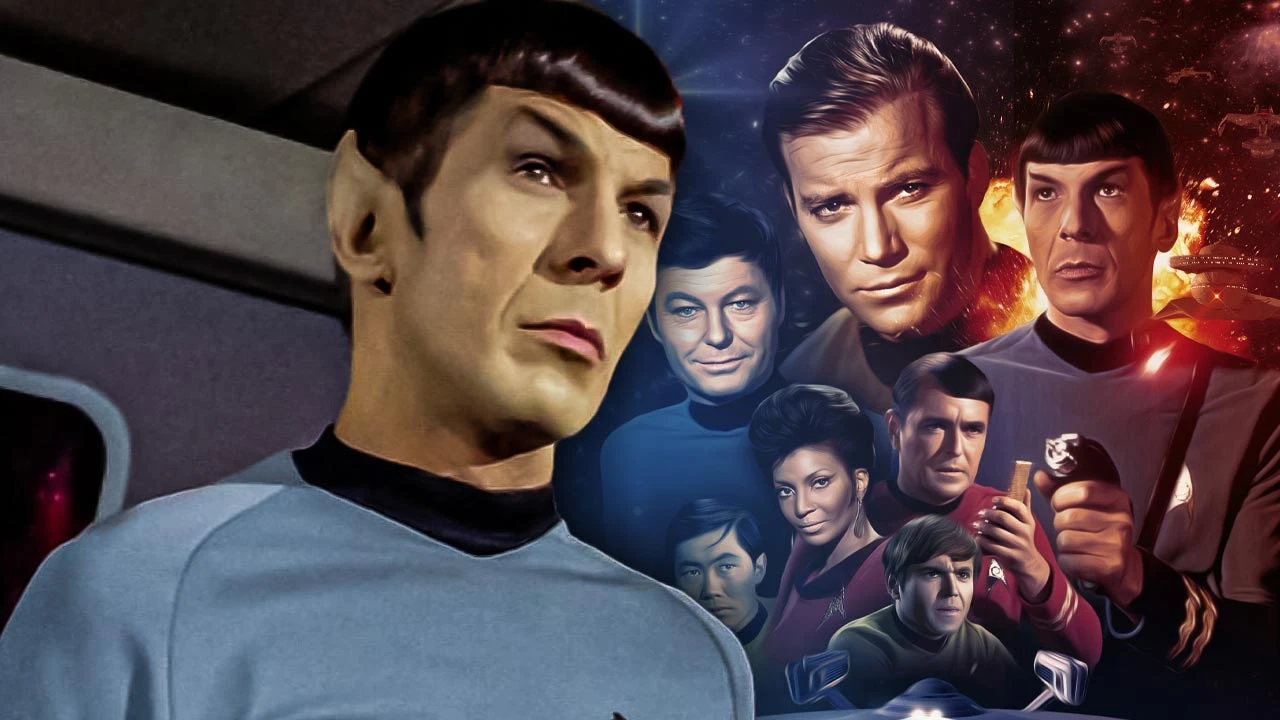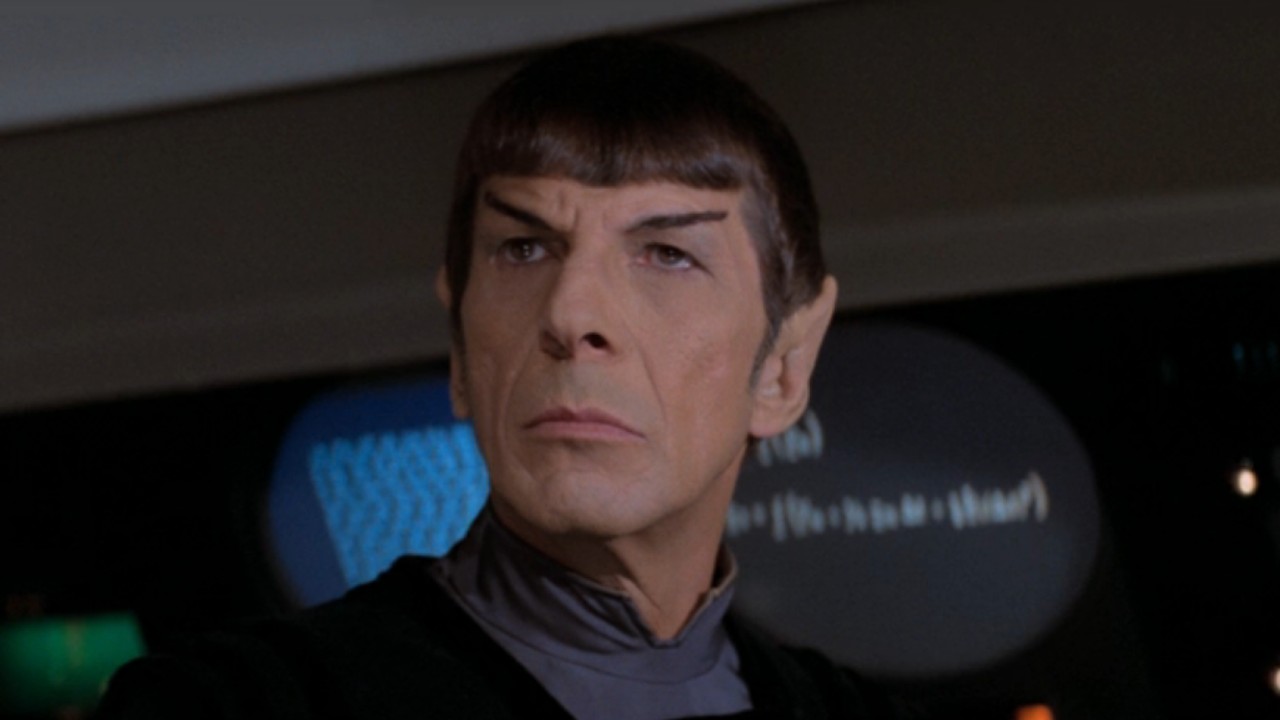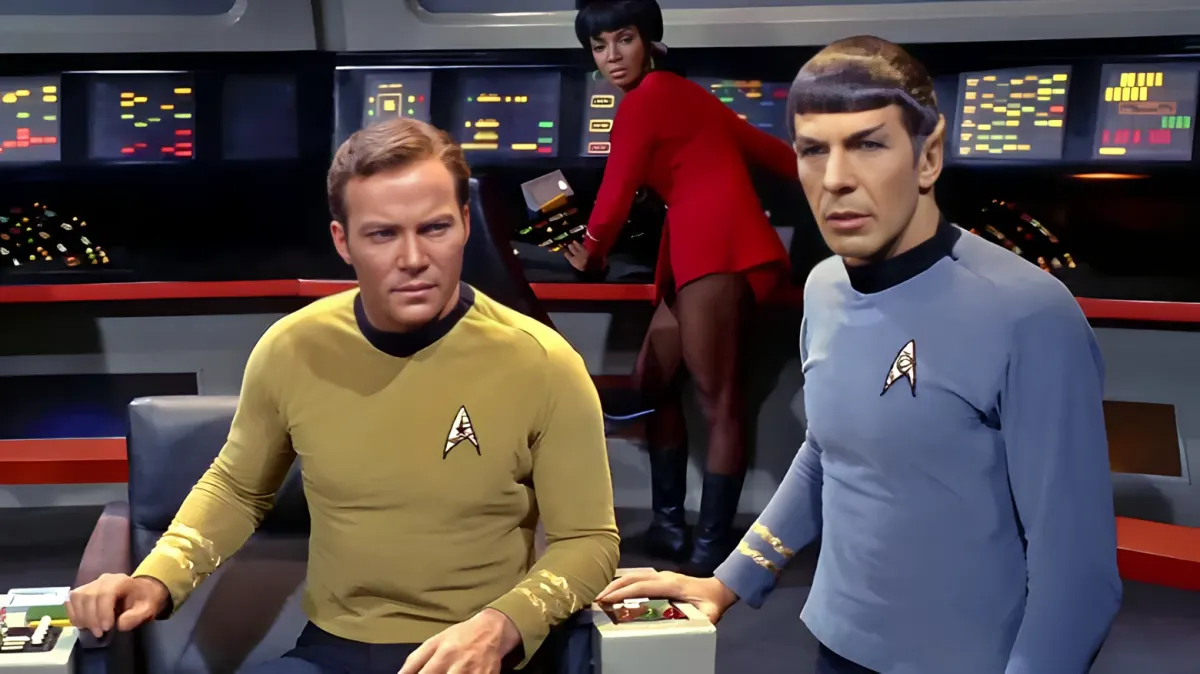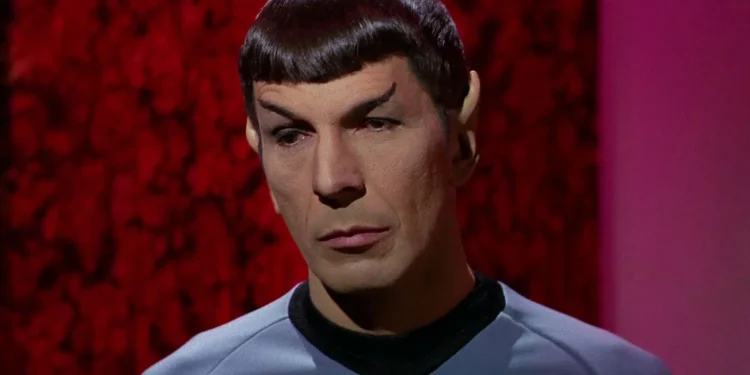Leonard Nimoy’s portrayal of Spock in the Star Trek franchise is nothing short of legendary. Over the decades, Nimoy’s deep commitment to the role helped to transform Spock into an iconic character, intertwined with the actor’s own identity. However, not all Star Trek films honored his contribution appropriately. One particular movie, Star Trek Generations, left such a sour taste in Nimoy’s mouth that he refused to participate in it.

Leonard Nimoy’s Invaluable Contribution to Star Trek
Leonard Nimoy’s role as Spock began in 1966 with Star Trek: The Original Series. His portrayal of the logical Vulcan became synonymous with the series, creating a lasting impact on fans and the sci-fi genre. Nimoy’s performance was so defining that Spock and Nimoy became inseparable in the eyes of the audience.
Reflecting on his journey with Spock, it’s clear that Nimoy’s dedication went beyond mere acting. His deep understanding of the character helped shape Spock into a cultural icon, making his legacy in the Star Trek universe profound and enduring.
The Disrespect in Star Trek Generations
The issues began with the script of Star Trek Generations, the first of four films featuring the crew of Star Trek: The Next Generation. The movie intended to bridge the gap between the original series and the new generation led by Patrick Stewart’s Captain Jean-Luc Picard. However, the execution left much to be desired.

In a 2007 interview with TrekMovie, Nimoy recounted his disappointment with the role he was offered in the film:
“There was not a Spock role. There were five or six lines attributed to Spock in a scene with Chekov and Uhura and Kirk and whoever else was there, but it had nothing to do with Spock. They were not Spock-like in any way. I said to Rick Berman, ‘You could distribute these lines to any one of the other characters and it wouldn’t make any difference.’ And that is exactly what he did. There was no Spock function in the script.”
The film began with the maiden voyage of the U.S.S. Enterprise-B, where Kirk (William Shatner) is presumably killed. The story then jumps 78 years into the future, bringing in the Next Generation crew. The treatment of the original cast, including the minimal and non-essential lines given to Spock, felt dismissive.
A Legacy Undermined
Nimoy’s decision to decline the role in Star Trek Generations was rooted in his respect for the character he had spent years developing. He wasn’t alone in his disappointment. Other members of the original cast, like Nichelle Nichols, George Takei, and DeForest Kelley, also turned down their roles, leaving only Shatner, James Doohan, and Walter Koenig to appear in the film.
The film’s handling of the original characters suggested a desire to use their established fame without giving them meaningful roles. It was as if their primary purpose was to serve as a bridge and then be cast aside.

Protecting Spock’s Legacy
Nimoy’s refusal to participate in Star Trek Generations was a stand to protect Spock’s legacy. His dedication to the character was evident throughout his career, and he wasn’t willing to see Spock reduced to a few inconsequential lines.
The film may have marked a transition in the Star Trek universe, but it did so at the cost of respecting the original series’ contributions. For Nimoy, this disrespect was unacceptable, and his decision underscored the importance of honoring the legacy of iconic characters.
Conclusion
Leonard Nimoy’s legacy as Spock is one of profound impact and dedication. His refusal to participate in Star Trek Generations was a testament to his commitment to preserving the integrity of the character. The film’s treatment of the original cast serves as a reminder of the importance of respecting the contributions of those who have laid the foundations for iconic franchises. As the Star Trek universe continues to evolve, the lessons from this chapter remain relevant — honoring the past while paving the way for the future.









